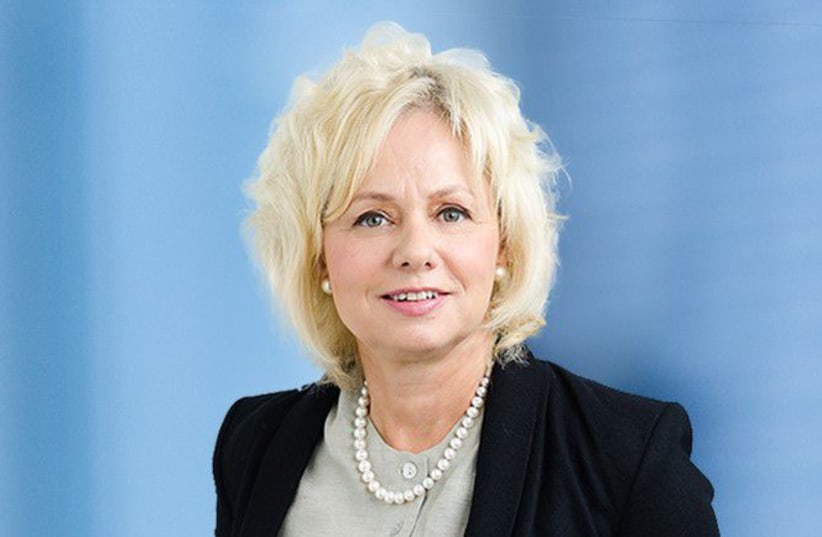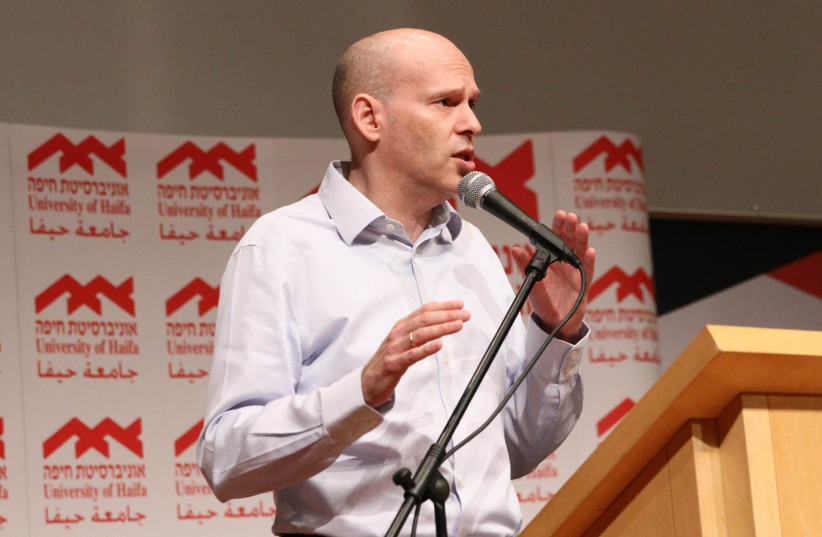Attorney-General Gali Baharav-Miara said on Thursday that it is “dangerous to conflate popularity with keeping the public faith,” at a Justice Ministry sponsored conference in Rishon LeZion on transparency.
Despite this warning that the Justice Ministry should remain true to rule of law and democratic values in the face of problematic populism, the attorney-general also said she recognized that the faith of the public impacts everything her office does.
Put differently, she stated that it was crucial for her office to take steps to increase the public’s faith, but not to the point of harming the rule of law or the rights of parties involved in their own trials.
Other remarks
Justice Ministry Director-General Eran Davidi seemed to go even further suggesting the ministry’s efforts would accomplish very little in the long-run without public support.
State Attorney Amit Aisman said, “we cannot always be transparent in real time” emphasizing that the prosecution must “not harm parties to a case nor pollute the process,” while acknowledging that he understood that more transparency and helping the public get to know us better were key goals.
He added that part of guarding the public interest means being attentive to the public’s ongoing concerns.
Aisman mentioned a program in which 150 prosecutors and 200 victims of crimes met to understand each other better as a new initiative to improve the prosecution’s ability to share with the public, something that is difficult for many prosecutors.
Justice Minister Gideon Sa’ar said that “the public is the end-user or client so we must listen.”
He said he had always benefited in some way when engaging the broader public, “sometimes being convinced, sometimes not, but always learning about the public’s state of mind.”
In fact, he said that even if the public completely misunderstands some action by the government, dialogue can help government officials learn to better communicate about what they are doing to bridge the difference between misperceptions and reality.
Moreover, he said that a recent decision to make aspects of future hearings on new Supreme Court candidates public was a historic win for transparency.
He said these hearings would help debunk many inaccuracies that interest groups try to spread about candidates whose ideologies they disagree with by letting the public see how smart, normal and reasonable a candidate is for themselves.
Following those speeches, the conference held a panel discussion featuring top Justice Ministry career experts discussing their views about transparency, the public faith and the challenges of connecting these principles to the ministry’s real world work.
Next, senior officials from around two dozen ministry departments held round tables with lawyers and members of the media to get more direct public feedback.
There was also a discussion between the ministry spokesperson’s unit and members of the media about how to improve cooperation on both strategic and tactical levels.

